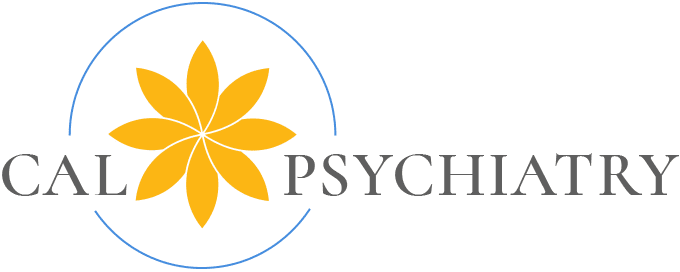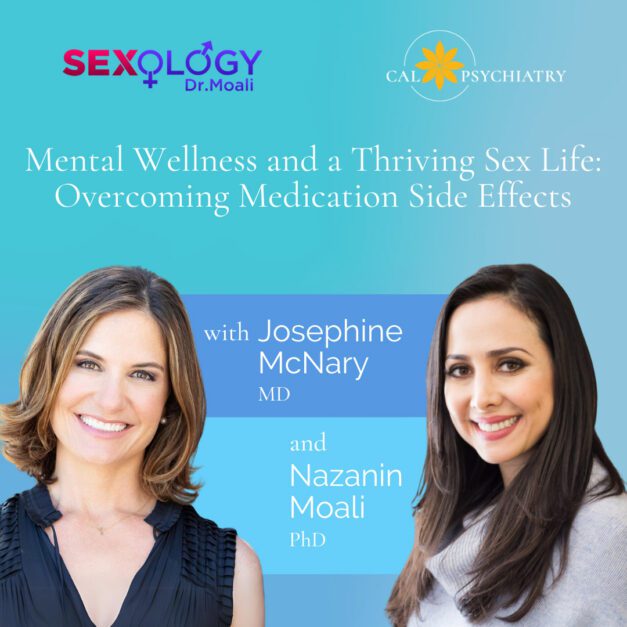Alcohol (and its effects for better or worse) have been around for a long time, strengthening social ties and bringing people together over food and dance. However, in America we are seeing a rise in solitary drinking, especially over the past year during the pandemic. As mental health professionals, it is important to inquire about drinking habits and offer support to people who may be showing signs of alcohol abuse or dependency.
For mental health professionals, the clear implication is that we must regularly inquire about alcohol habits. The well-established CAGE screening tool is a good one. The tool recommends asking patients whether they perceive a need to cut down alcohol use, if other people are annoyed by their drinking, if they feel guilt about their drinking, or if they need an “eye-opener” drink in the morning. Using this tool, and other diagnostics, it can be assessed whether a conversation about alcohol treatment is warranted. The patient may also be turning to alcohol to help quell anxiety or depression. At CalPsychiatry, our physicians can help assess for mental health disorders, and discuss safe, evidence-based approaches for alcohol misuse treatment. If you or a loved one is noticing that alcohol is doing more harm than good, please consider calling us to book a consultation. Call or book your free consultation today.





